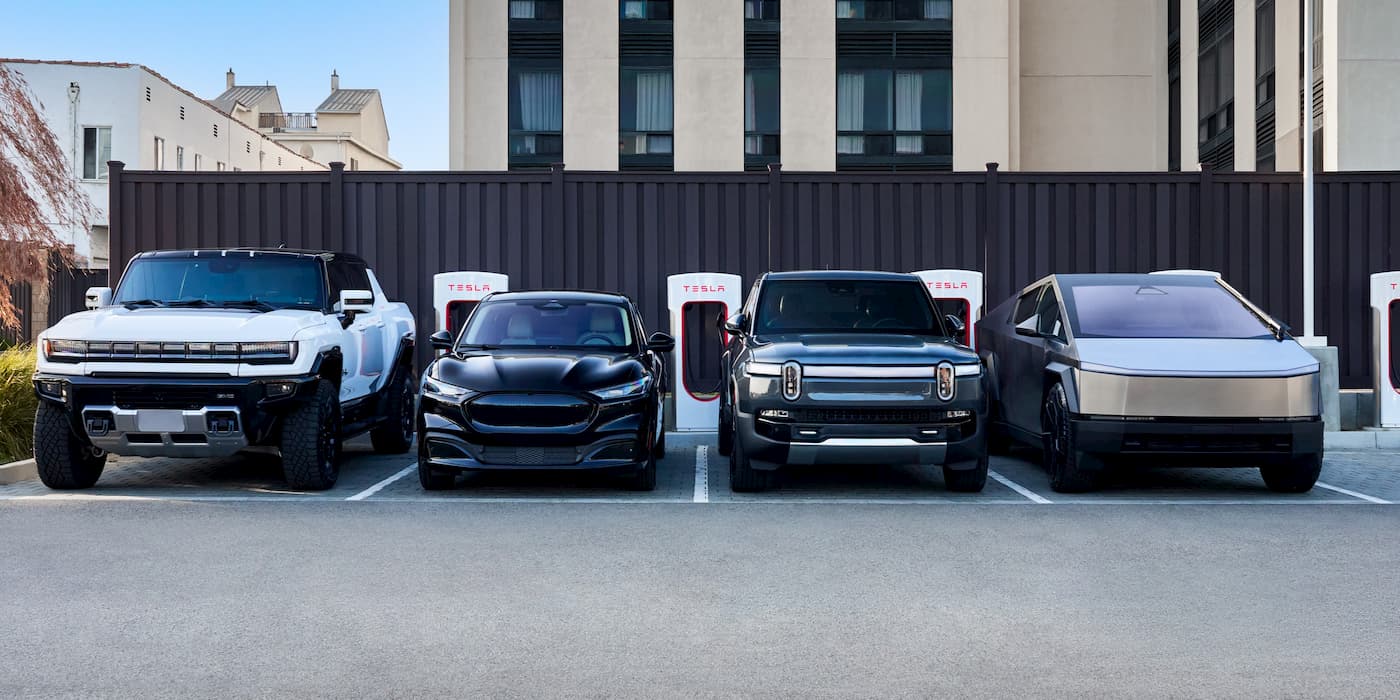
Tesla has added several automotive brands to its NACS “coming soon” page, indicating that a flood of new car brands are about to gain access to Superchargers in North America.
In 2022, Tesla announced it would open its charging network, lured by big money promised in President Biden’s federal EV charging grants.
For a while it seemed like a bit of a hail mary, as many thought that most of the industry was already committed to the SAE CCS standard for fast charging.
But then, in 2023, Ford announced it would adopt Tesla’s “NACS” connector, and all the dominos started to fall. Soon enough, basically the entire industry had announced a shift to Tesla’s charging standard.
But these things take time, and the industry had to work on redesigning vehicles, building adapters, organizing software handshakes, and building out an official standard.
Now that the most important parts of that are all done, brands have been gaining access to the Supercharger network, with Ford, Rivian, GM, Volvo, Polestar and Nissan already approved for use.
The rollout seemed to be slowing down for a time, after Tesla CEO Elon Musk abruptly fired the entire Supercharging team which had been responsible for successfully executing this coup that could see Tesla gaining a lasting lead in EV charging, with those firings causing total chaos and jeopardizing the transition.
But now that the dust has settled, it looks this year we’re set to see a much bigger influx of brands to the Supercharger network, and Tesla just made it official by updating its NACS “coming soon” page.
Yesterday, the page only showed Mercedes-Benz as “coming soon,” that brand having been added last June. Mercedes will finally get access to the network in February, and announced that adapters will be available for $185 sometime in Q1 of this year.
Today, the coming soon list is positively packed with brands, with the Korean brands (Hyundai/Kia/Genesis), BMW, Jaguar/Land Rover, and Lucid all being added today. So each of these brands can expect to be added to the network in the coming months, in keeping with the original 2025 timetable announced by most of them.
So far, most of these brands haven’t announced availability of adapters or precise timelines, with the exception of the Korean brands who are basically ready to go already.
The Korean inclusion is interesting, given that Hyundai and Kia’s 2025 models are the first vehicles to offer a native NACS port, allowing them to plug in to Superchargers without using an adapter. Drivers of earlier Hyundai EVs can get a free NACS adapter from Hyundai.
So you’d think that they ought to already be on the network – and some users report that 2025 Hyundai EVs do work on Tesla’s network already, though they’ll charge slower on Superchargers until V4 Superchargers roll out more.
We expect a formal announcement potentially within days by Hyundai, Kia or Tesla that these vehicles are officially added to the network.
(Update: well, we got an update, almost immediately after this article was posted, and it turns out Kia’s Supercharger access has been delayed)
Another interesting point is the lack of VW. VW was not added to Tesla’s “coming soon” list, despite that it said just last week that it will gain access to the network in June. That’s five months away, with is less time than Mercedes has spent on the “coming soon” list, so we would have expected VW to be included in today’s update.
But then, given the widely varying amount of time that brands can spend on the “coming soon” page – with Mercedes about to spend 8 months on it, and Hyundai/Kia potentially only being on there for a couple days – we suppose the list doesn’t tell us a whole lot about precise timing anyway.
But when you’re charging at *home*, charge your electric vehicle using rooftop solar panels. Find a reliable and competitively priced solar installer near you on EnergySage, for free. They have pre-vetted installers competing for your business, ensuring high-quality solutions and 20-30% savings. It’s free, with no sales calls until you choose an installer. Compare personalized solar quotes online and receive guidance from unbiased Energy Advisers. Get started here. – ad*
FTC: We use income earning auto affiliate links. More.





Comments